Have you ever experienced a frustrating ride service that left you feeling disappointed? It's not just youâmany customers share similar stories of service shortcomings that deserve attention. A well-crafted complaint letter can help you express your concerns and seek the resolution you deserve. If you're looking for guidance on how to make your voice heard effectively, keep reading for tips and a sample letter to get you started!
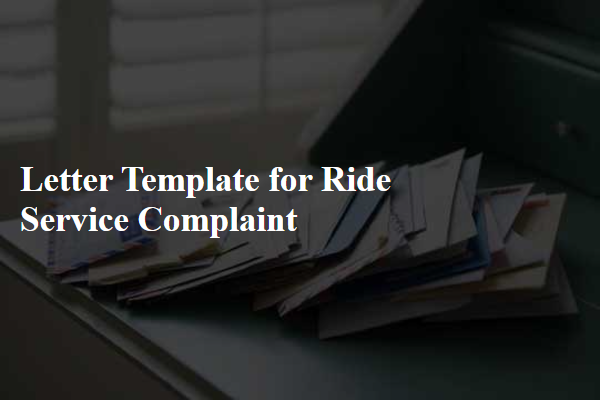
Service details and ride specifics
Customer complaints regarding ride services often highlight various issues that impact user experience. Common service details include aspects like the driver's punctuality, commitment to customer safety, and vehicle cleanliness. Ride specifics often encompass trip duration, route accuracy, and fare discrepancies. Instances of late arrivals exceeding 15 minutes or drivers neglecting passenger comfort can significantly detract from overall satisfaction. Additionally, factors such as failure to follow GPS navigation, leading to unnecessary extra miles or delays, can frustrate customers. Reporting these issues ensures service improvements benefiting future users in metropolitan areas bustling with ride-sharing options like Uber or Lyft.
Description of the issue or complaint
A recent experience with the ride service highlighted significant concerns. During a scheduled pick-up from Los Angeles International Airport (LAX), the driver arrived 20 minutes late, causing considerable inconvenience. The vehicle, a standard sedan, had an unpleasant odor, raising questions about its cleanliness and maintenance. Furthermore, the driver displayed erratic driving behavior, exceeding speed limits on several occasions, which raised safety concerns. These factors combined created a disappointing experience that did not meet the expectations set by the service's advertised standards.
Impact on experience and inconvenience caused
Rideshare service disruptions can significantly affect customer satisfaction levels and overall experience. In events where drivers arrive late (averaging 15 to 30 minutes beyond the expected pickup time), passengers face considerable inconvenience, such as missed appointments or events. Specifically, services like Uber and Lyft, which operate in numerous cities worldwide, are expected to adhere to punctuality standards. Additionally, vehicle cleanliness impacts perceptions of safety and comfort; reports indicate that over 25% of riders have encountered issues with dirty vehicles. Disturbances in navigation accuracy, often linked to GPS errors in urban areas, can lead to extended trip durations, further frustrating users. Overall, these factors cumulatively degrade the quality of the ride service experience for passengers.
Desired resolution or compensation request
Uneven service experiences from ride-hailing companies, such as Uber and Lyft, can lead to dissatisfaction among passengers. Complaints may arise from issues like late arrivals (more than 15 minutes past the scheduled time), unprofessional driver behavior (disrespectful language or driving), or vehicle cleanliness (not meeting expected standards). Customers often seek resolutions that include a refund or fare credit as compensation (typically ranging from $5 to $20) for their inconvenience. Effective complaint submission through in-app features or email can expedite the feedback process (reducing response time to under 48 hours) while emphasizing the importance of resolution to enhance overall service quality.
Contact information and preferred response method
Riders experiencing issues with ride service can report concerns regarding driver behavior, vehicle condition, or app functionality. Providing contact information, such as an email address or phone number, enhances communication regarding resolutions. Preferred response methods, whether via email, text, or phone call, ensure that customers receive updates in their desired format. Specific details about the incident, including date, time, and pickup location, enable service providers to investigate and address the complaint efficiently. Maintaining logs of previous rides can assist in identifying patterns or recurring issues, improving accountability within the ride service.
Letter Template For Ride Service Complaint Samples
Letter template of ride service complaint due to poor vehicle condition.
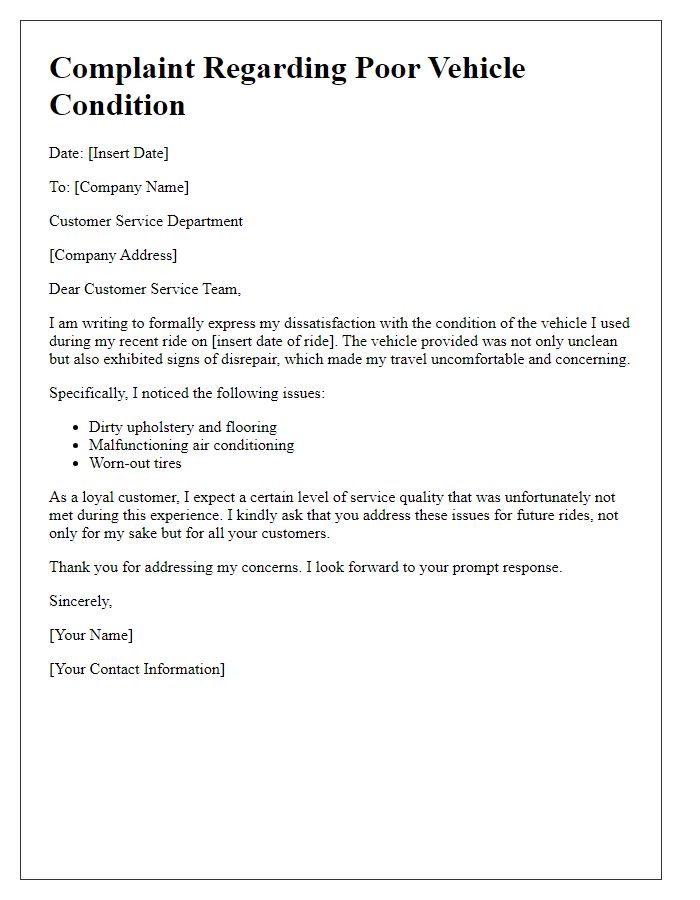
Letter template of ride service complaint about incorrect drop-off location.
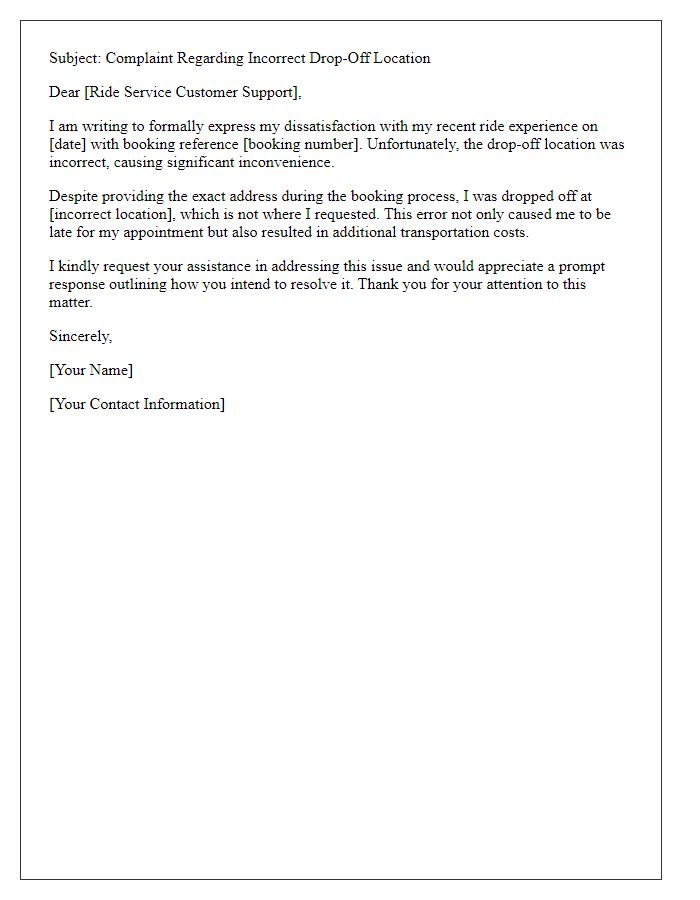

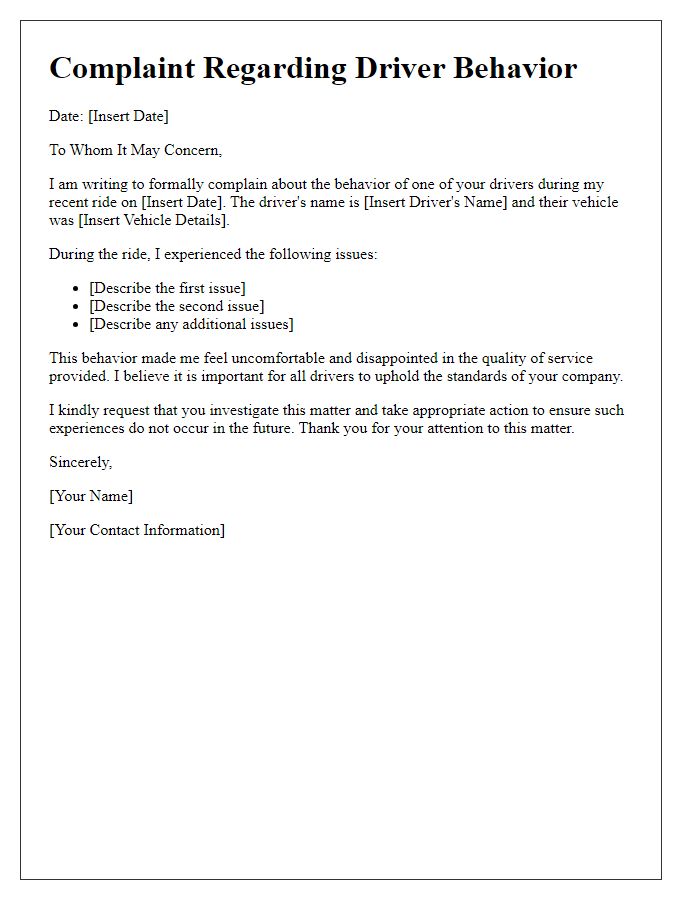
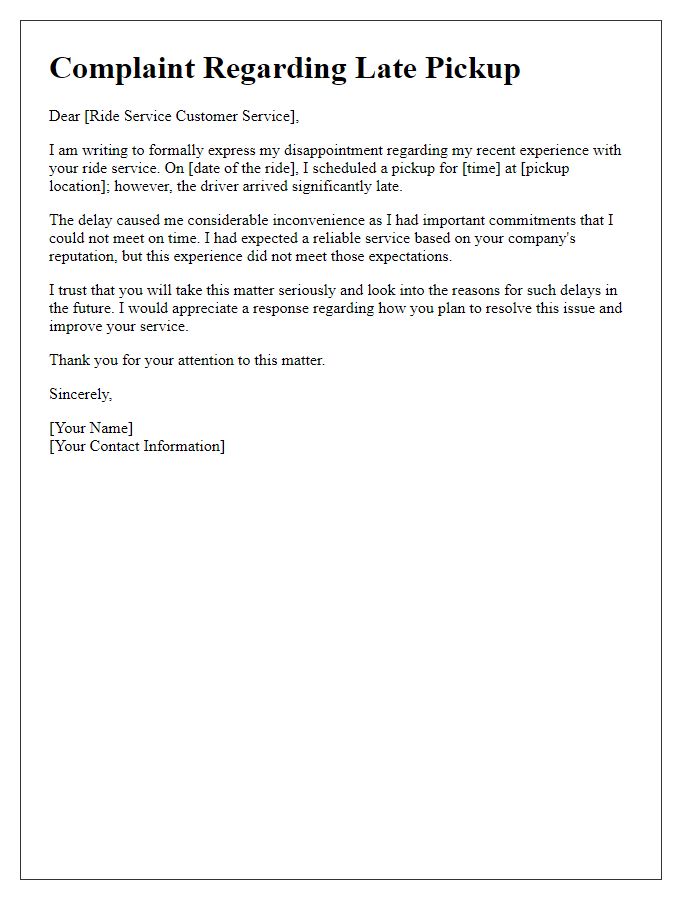
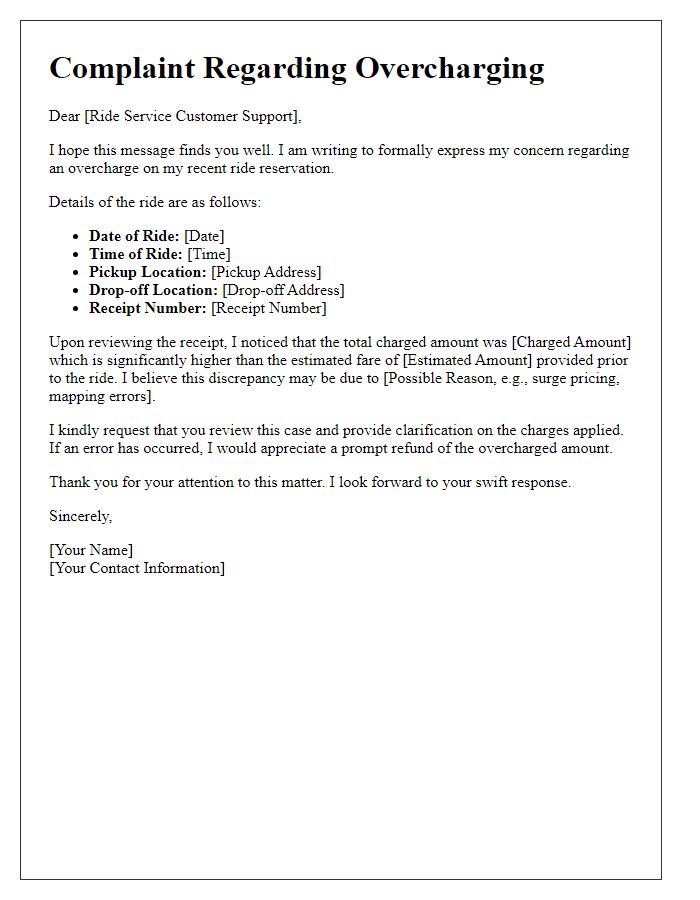
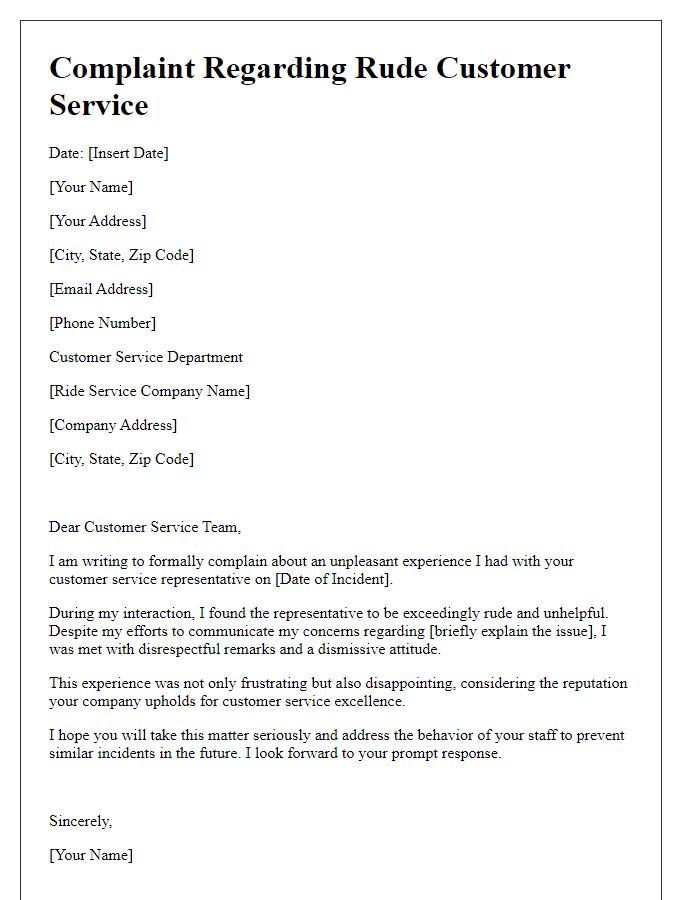
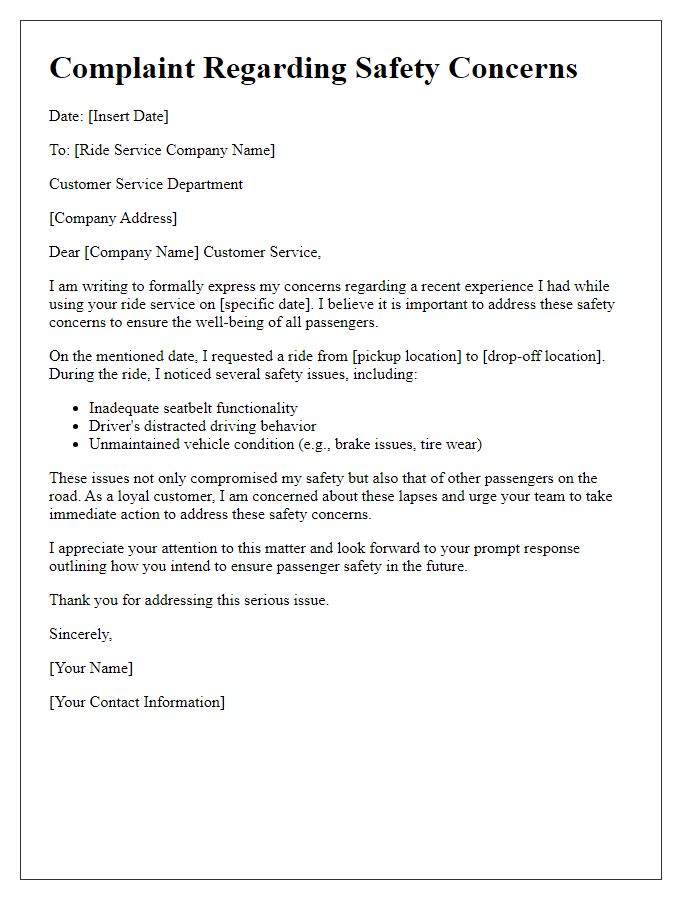
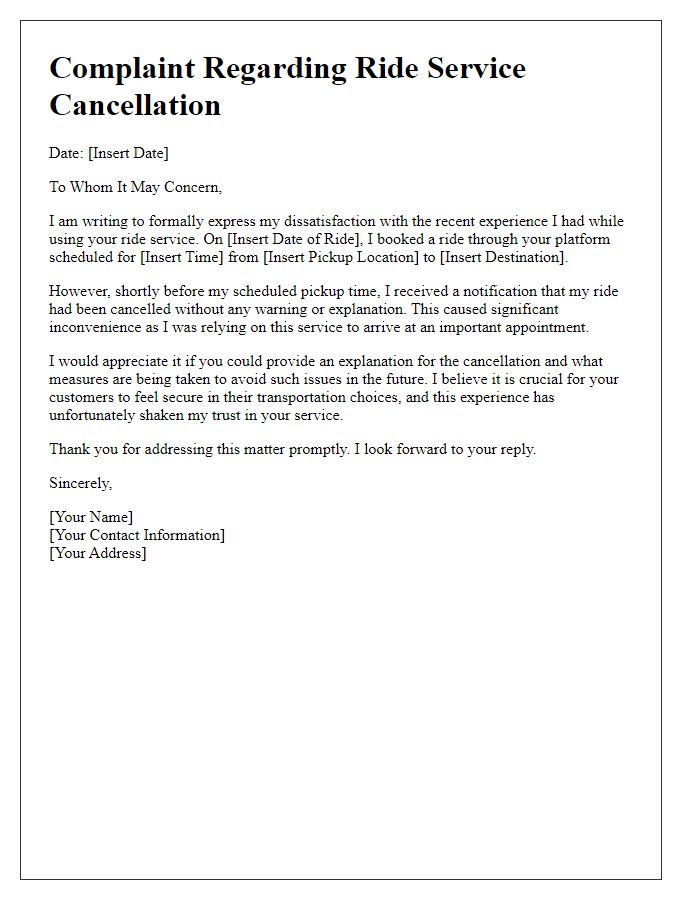
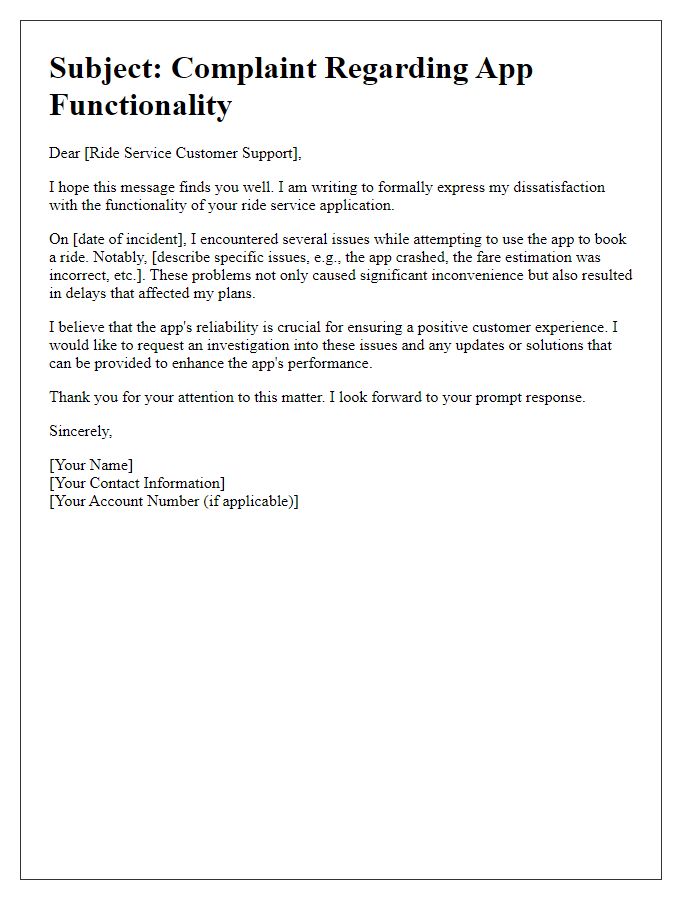
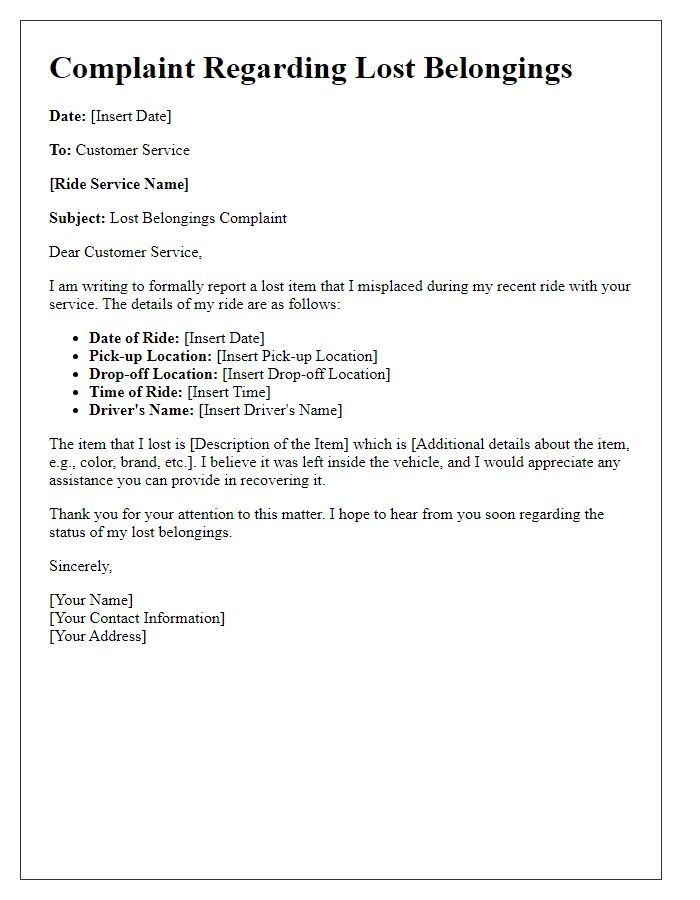

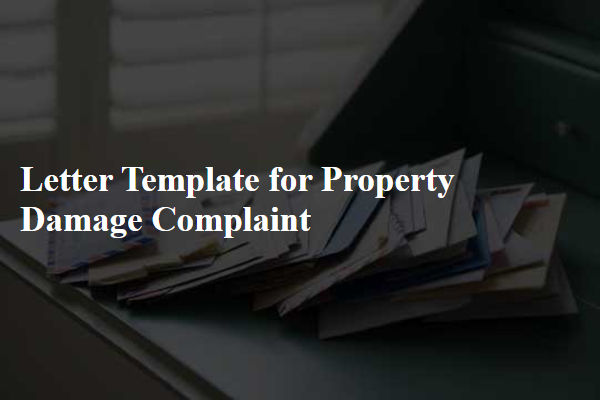
Comments